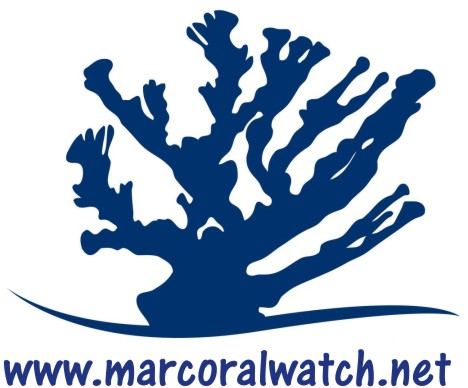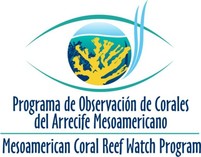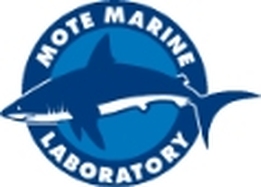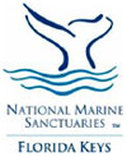Coral reefs around the tropics are impacted by thermal stress and bleach. If you're traveling to an area where there are coral reefs, it is likely that you can assist another organization in monitoring their reefs for coral bleaching. This would be a great opportunity for you to compare reefs in different oceans!
Mesoamerican Coral Reef Watch Program
The Mesoamerican Coral Reef Watch Program was modeled after Australia's Coral Watch Program and was developed by Dr. Alex Arrivillaga through The Nature Conservancy (TNC). The MAR Coral Watch Program was launched in Mexico, Belize and Honduras in 2008 to garner enlist recreational divers and snorkelers to monitor coral bleaching throughout the region. In each country TNC partnered with local NGOs who coordinated the MAR Coral Reef Watch Program.
Since 2008 ECOMAR has been coordinating the Mesoamerican Coral Reef Watch Program in Belize as the Belize Coral Watch Program. ECOMAR developed the Belize Coral Watch Program based on the goals and objectives of the Mesoamerican Reef Coral Watch Program. Additional materials have been developed for marine guides and visitors to quickly learn about coral reefs, the difference between bleaching and disease, and the methods to make educated observations and build to build upon the volunteer network. Materials developed include Coral ID Cards, Coral Watch Observation Slate, Coral Watch Volunteer Handbook, and a DVD with Coral Watch mini-documentary and Coral Watch Training Module, which make up the Coral Watch Crewpack.
The Belize Coral Watch Volunteer Program enlists the help of marine guides and visitors and members and protected areas managers. Coral Watch Volunteers are trained to make objective observations of what they observe on the reef. They learn the differnce between diseased coral, dead coral and bleaching coral. They learn about important ecological relationships that exist within the coral reefs. The training and field experience offered in the Coral Watch program enable volunteers to make learned observations that will provide useful data that can be used to monitor the reefs of Belize over time, in efforts to identify resilient reefs! In 2011 the Belize Coral Watch Program is launched a new program that will promote the adoption of your favorite dive or snorkel site through ECOMAR's Adopt A Reef Program. Sign up today and begin making a difference and become a Coral Watch Volunteer and monitor one reef at a time! |
CoralWatch

CoralWatch is a non-profit organization built on a research project at the University of Queensland in Brisbane, Australia who has developed an inexpensive, simple, non-invasive method for the monitoring of coral bleaching, and assessment of coral health. The Coral Health Chart is basically a series of sample colors, with variation in brightness representing different stages of bleaching/recovery, based on controlled experiments. It is our aim to both provide a scientific tool and increase awareness about global warming by demonstrating one of its devastating effects.
Bleach Watch
Mote Marine Laboratory and the Florida Keys National Marine Sanctuary collaborate on coordinating the Coral Bleaching Early Warning Network, or Bleach Watch, in the Florida Keys.
The project coordinator routinely revue's existing NOAA monitoring stations and satellite imagery analysis to track changes in environmental conditions within the Florida Keys region. Specially trained volunteers known as the Florida Keys “Bleach Watch” observers collect field observations to monitor for signs of coral bleaching. Mote will work to gather and consolidate the existing NOAA analysis from satellite and monitoring data, combine that data with field observations by trained "BleachWatch" observers, and provide the FKNMS with a summary, or "current conditions report", throughout the summer. Information from NOAA's remote sensing and in-situ environmental monitoring analysis are combined with "BleachWatch" volunteer observations in the field to provide a comprehensive overview of current conditions throughout the FKNMS. These reports will be generated according to the current conditions and the potential risk for coral bleaching. |
PADI - Project AWAREThe Professional Association of Dive Instructors, PADI, is the largest diver certification organization that certifies more than 75% of scuba divers worldwide. Their conservation organization, Project Aware, promotes the University of Queensland's CoralWatch Program to all PADI Dive Center and Instructors, thereby reaching a large number of people whose livelihoods depend on a healthy reef. Locate your nearest PADI Dive Center for more details on the PADI Coral Watch Specialty Course.
|








